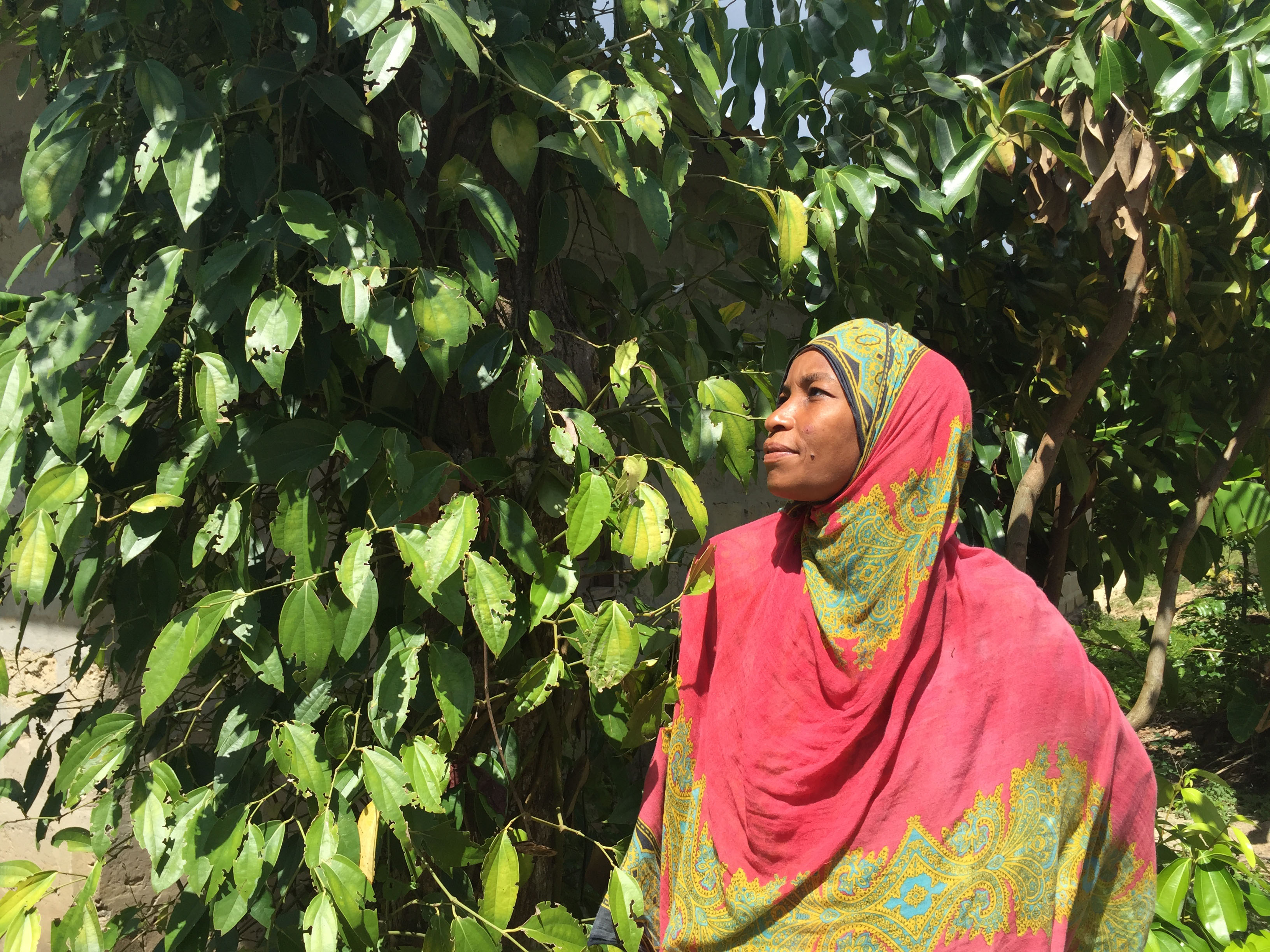Subscribe To Your Favourite Forests
Stories from the Wabanaki forest of the Maritimes, the Spice Forests of Zanzibar, and the mangrove forests of Mozambique.
Sign Me UpStories from the Wabanaki forest of the Maritimes, the Spice Forests of Zanzibar, and the mangrove forests of Mozambique.
Sign Me UpClimate change impacts us all, but not all of us equally. Tanzania ranks out of the 188 countries listed on the United Nations Gender Inequality Index and is one of the poorest countries in the world per capita. Women on Pemba Island, in the Zanzibar Archipelago, bear a disproportionate proportion of the negative impacts of climate change due to their traditional responsibilities in the home economy: caring for children, preparing food and collecting water. That’s why we design projects like kitchen gardens, fuel-efficient cookstoves, and spice forests that strategically benefit women and girls and ensure that more than 50% of a project’s beneficiaries are women.

Salma Zaharan from Kiongoni Village with black pepper vines grown as part of her Kitchen Garden. Salma’s household eats fresh fruit and veggies from the garden and she sells the surplus. “Women were not allowed to participate in any development activity until recently,” she said.
There is no climate justice without gender justice. Empowering rural women economically creates cross-cutting benefits by improving child education, nutrition, and climate change resilience. We stand with and support women locally as we push for the policy changes that will ensure women have the resources, knowledge, and authority to prosper alongside their families and countries. Thanks to comprehensive one-on-one and group training for women, led by women and a Gender Responsive Enterprise Curriculum, women are able to better overcome barriers, create businesses, and bring their products to market.
When you support Community Forests International's work in Zanzibar, you can be sure that at least 50% of project beneficiaries will be women.
This work is generously supported by the European Union’s Global Climate Change Alliance (GCCA+), the Intra ACP GCCA+ Climate Support Facility, and the Rotary Club of Sackville.

Notifications